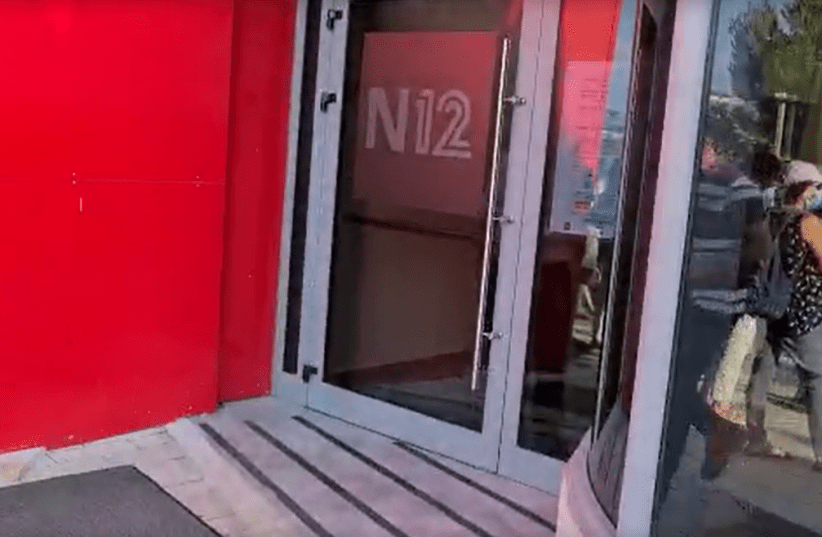First and foremost, of course, is the task of protecting the populace from harm. At the same time, it’s imperative that the institutions and civil concepts that keep a democracy functioning – at peace time and during a crisis – are safeguarded and remain intact.
Tolerance for divergent views and freedom of expression are two such concepts.
What makes Israel worth fighting for is the ability to state opinions that don’t necessarily jibe with government policy or with the mainstream thought on the street. Not every Israeli is enthralled with the current “Guardian of the Walls” campaign against Hamas.
While we can dismiss the criticism of outsider armchair pundits – like John Oliver and Trevor Noah, who are ignorant about Gaza, have limited knowledge of the situation and a natural tendency to see things in a black-and-white prism without nuance – the voices of Israelis who are living through the reality of what’s taking place should be heard, and respected.
Another institution that must be safeguarded is freedom of the press. Just as there are divergent viewpoints within Israeli society, the media consists of individuals who see the conflict here – both with Hamas and between Jewish and Arab citizens – from different angles.
What’s alarming is when the expressions of those viewpoints are met with threats and violence. That is the case with four journalists for N12 – Yonit Levi, Rina Mazliah, Guy Peleg and Dana Weiss.
The four, all high profile presenters and commentators on the station’s popular nationwide news broadcasts, have been assigned with private security details after they received death threats and other threats of violence over their reporting and commentary.
They are not the only Israeli TV journalists to meet violent opposition to their reporting of the events taking place in the country. Channel 13’s Ayala Hasson was attacked in Lod by Jewish rioters who were protesting in response to the earlier riots by Arab residents of the mixed city.
Yoav Zehavi and a photographer for KAN were attacked in Tel Aviv and Lior Keinan, a Channel 13 News reporter, was attacked at the site of a rocket blast in Ramat Gan by right-wing demonstrators.
On Friday night in Jaffa, Channel 13 reporter Omri Maniv was assaulted in his car by rioters, who broke the mirrors on his car and sprayed him with pepper spray, Magen David Adom reported.
Never one to shy away from inflaming an already tenuous situation, Prime Minister Benjamin Netanyahu’s son Yair tweeted on Monday an invitation to protest in front of the N12 office. The invitation called on protesters to “Say no to the media’s anti-Zionist brainwashing.”
Communications Minister Eitan Ginzburg wrote a letter on Sunday to Attorney-General Avichai Mandelblit urging him to investigate what he called incitement against journalists, specifying the tweets of journalist Shimon Riklin of the right-wing Channel 20.
“The Israeli media is the primary cause of the anarchy and riots taking place in Israel,” wrote Riklin in one tweet. And in another he called journalists from Channels 11, 12 and 13 “supporters of terror.”
Ginzburg wrote to Mandelblit that especially in today’s on-edge environment, such statements could be seen as the legitimization of attacks on journalists, and called on Mandelblit to investigate the statements in order to prevent more violence from taking place against the country’s journalists.
Facebook also needs to take action and remove posts that threaten these reporters. It cannot hide behind free speech. People cannot be allowed to call to harm other people on social media platforms.
A journalist’s job is to report on the events taking place and provide context and background to enable viewers to achieve a deeper understanding of what is transpiring. Journalists in Israel are doing that in an exemplary fashion under the most difficult circumstances.
Attacking them and issuing death threats doesn’t just place them in personal danger, it places one of Israel’s most vital democratic pillars in jeopardy. If that pillar falls, the rest of our democratic institutions will surely follow.
